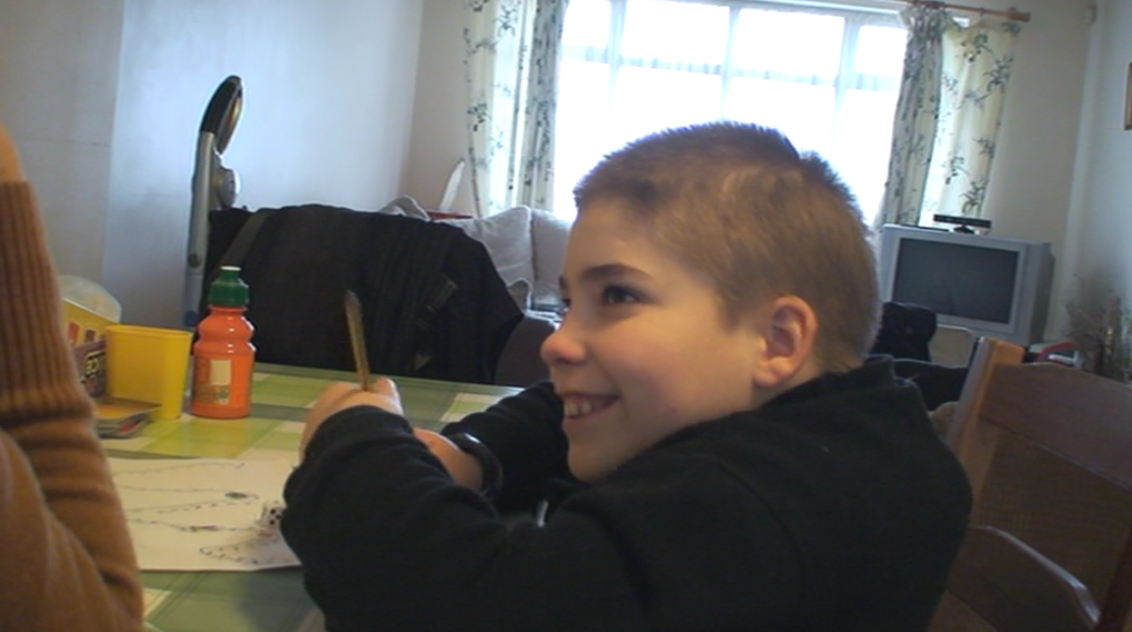Sleep Issues in Prader-Willi Syndrome
Sleeping problems are quite common in children with Prader-Willi syndrome. Abnormalities in sleep that have been identified include:
- REM (rapid eye movement) sleep is reduced. This is one of five stages of sleep, and it is thought that consolidation of learnt material and memories occurs during this stage.
- Sleep apnoea - some children can have difficulty with breathing during sleep, due to obstruction to the airways.
- Excessive daytime sleepiness - this can be a result of sleep apnoea during night time and the onset of REM sleep can occur suddenly (similar to narcolepsy).
It has been found that those individuals that have Prader-Willi syndrome as a result of deletion are more likely to suffer with sleep disturbance issues.
Much research has been conducted around the topic of sleep and the areas of the brain responsible for sleep disturbance in Prader-Willi syndrome have been identified. The dysfunction of the primary hypothalamic system has been linked with breathing difficulties during sleep and sleep microstructure. An area named the pedunculo-pontine tegmental nucleus has also been linked with sleeping problems. Sleep stimulating hormones are released from neurons in this area, however the number of neurons is reduced, and so there is a reduction in these hormones.
It is possible to take part in sleep studies which enable professionals to observe and prescribe treatment.
Further information:
The Cerebra Charity provide a Sleep Service for support and advice, as well as videos discussing sleep problems that a child may experience. Please click the following link to access this information:
For more information on the nature of sleep in children with intellectual disability, and what can be done to reduce or improve sleep problems, click here to read Cerebra’s guide.




